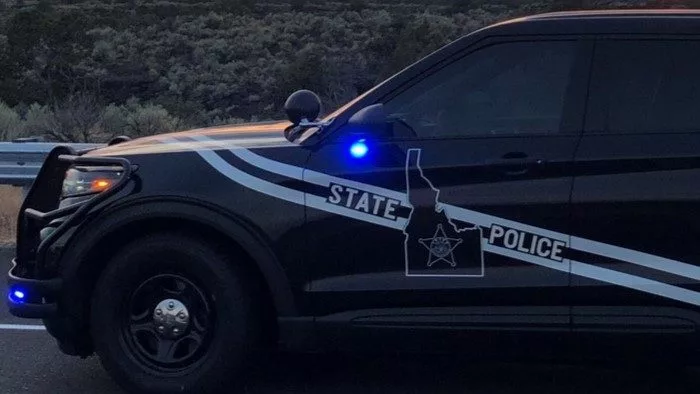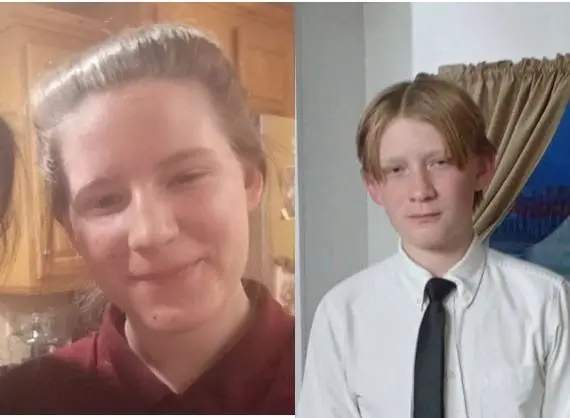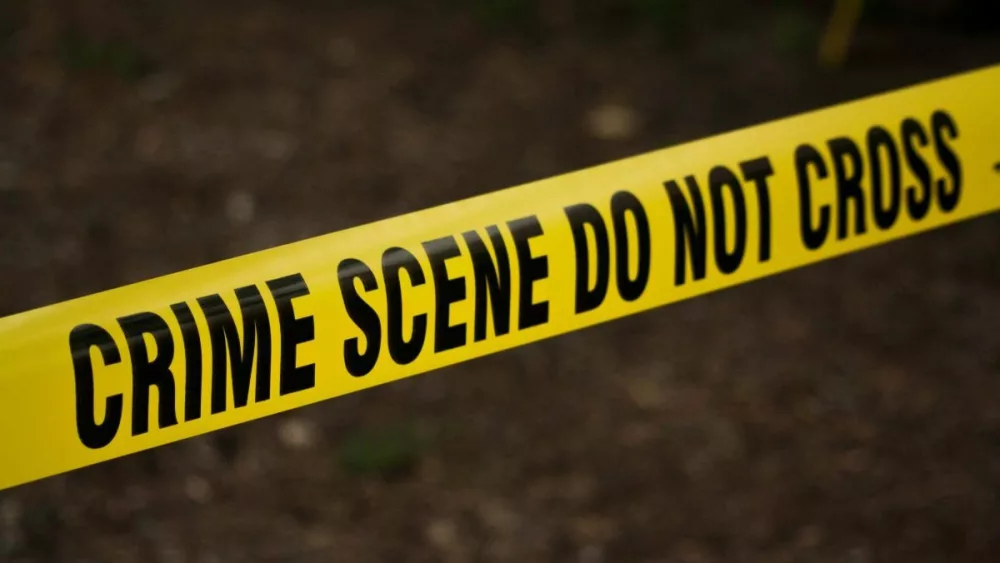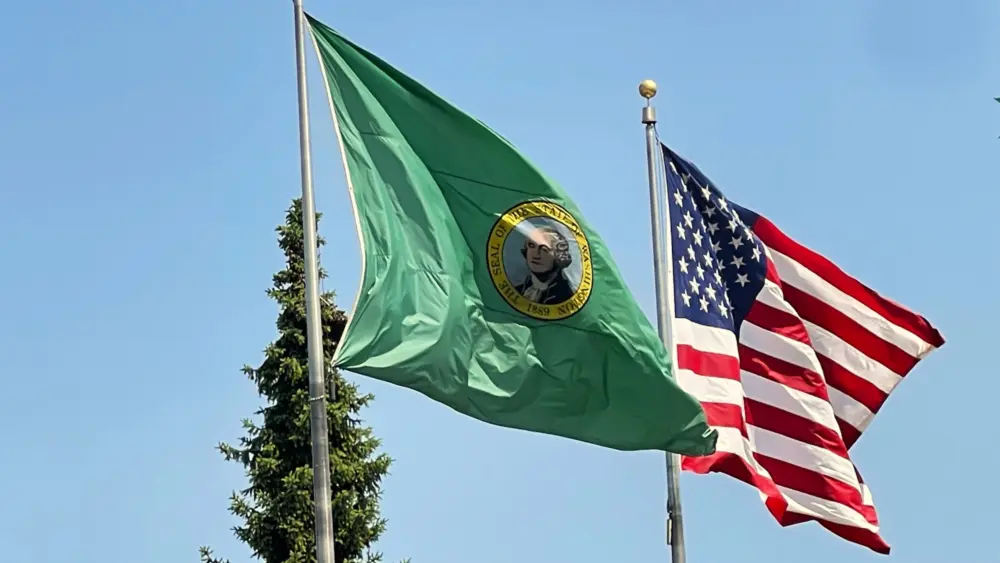BOISE – The Justice Department joins its partners across the federal government, as well as people throughout American Indian and Alaska Native communities, in recognizing May 5 as National Missing or Murdered Indigenous Persons (MMIP) Awareness Day.
In recognition of MMIP Awareness Day, Attorney General Merrick B. Garland highlighted ongoing efforts to tackle the MMIP and human trafficking crises in American Indian and Alaska Native communities, and other pressing public safety challenges, like the fentanyl crisis, in Tribal communities.
“There is still so much more to do in the face of persistently high levels of violence that Tribal communities have endured for generations, and that women and girls, particularly, have endured,” said Attorney General Merrick B. Garland. “In carrying out our work, we seek to honor those who are still missing, those who were stolen from their communities, and their loved ones who are left with unimaginable pain. Tribal communities deserve safety, and they deserve justice. This day challenges all of us at the Justice Department to double down on our efforts, and to be true partners with Tribal communities as we seek to end this crisis.”
“The crisis of missing and murdered indigenous persons continues to impact Idaho’s tribal communities, causing generational pain,” said U.S. Attorney Josh Hurwit. “We are committed to enhancing our partnerships with Idaho’s tribes to address this unacceptable problem. The new Regional MMIP Prosecutor position in Eastern Washington is an important part of this effort. We look forward to continuing to serve Idaho’s tribes and to seek justice for victims.”
Justice Department Prioritization of MMIP Cases
Last July, the Justice Department announced the creation of the Missing or Murdered Indigenous Persons (MMIP) Regional Outreach Program, which permanently places 10 attorneys and coordinators in five designated regions across the United States to aid in the prevention and response to missing or murdered Indigenous people. The five regions include the Northwest, Southwest, Great Plains, Great Lakes, and Southeast Regions.
In Idaho, the U.S. Attorney’s Office will benefit from the Northwest Regional MMIP Assistant U.S. Attorney, Bree Black Horse, who will work out of the U.S. Attorney’s Office for the Eastern District of Washington and assist on community engagement and prosecutions in Idaho.
The MMIP Regional Outreach Program prioritizes MMIP cases consistent with the Deputy Attorney General’s July 2022 directive to U.S. Attorneys’ offices promoting public safety in Indian country. The program fulfills the Justice Department’s promise to dedicate new personnel to MMIP consistent with Executive Order 14053, Improving Public Safety and Criminal Justice for Native Americans and Addressing the Crisis of Missing or Murdered Indigenous People, and the Department’s Federal Law Enforcement Strategy to Prevent and respond to Violence Against American Indians and Alaska Natives, Including to Address Missing or Murdered Indigenous Persons issued in July 2022.
Not Invisible Act Commission Response
The Department’s work to respond to the MMIP crisis is a whole-of-department effort. In March, the Departments of Justice and the Interior released their joint response to the Not Invisible Act Commission’s recommendations on how to combat the missing or murdered Indigenous peoples (MMIP) and human trafficking crisis. The NIAC response, announced by Attorney General Garland during a visit to the Crow Nation, recognizes that more must be done across the federal government to resolve this longstanding crisis and support healing from the generational traumas that Indigenous peoples have endured throughout the history of the United States.
Addressing Violent Crime and the Fentanyl Crisis in Indian Country
As noted in the joint response to the NIAC, research suggests that certain public safety challenges faced by many American Indian and Alaska Native communities—including disproportionate violence against women, families, and children; substance abuse; drug trafficking; and labor and sex trafficking—can influence the rates of missing AI/AN persons.
Further, fentanyl poisoning and overdose deaths are the leading cause of opioid deaths throughout the United States, including Indian county, where drug-related overdose death rates for Native Americans exceeds the national rate.
Therefore, federal law enforcement components are ramping up efforts to forge stronger partnerships with federal and Tribal law enforcement partners to address violent crime and the fentanyl crisis, which exposes already vulnerable communities to greater harm. In Idaho, for instance:
- In April 2022, Travis Dewayne Ellenwood, 44, of Kamiah, was sentenced to 235 months in federal prison for second degree murder. According to court records, Ellenwood beat and strangled his girlfriend, Bessie Blackeagle, killing her on October 31, 2020. Ellenwood maintained he was too intoxicated to remember what happened. Ellenwood is a member of the Nez Perce Tribe, as was Ms. Blackeagle. Ms. Blackeagle was 28 at the time of her murder. She was a Nez Perce language speaker and well versed in Nez Perce traditions and customs. Her death has affected many in the tribal community.
- In October 2021, Justin Beasley, 27, of Fort Hall, was sentenced to 327 months in federal prison for second degree murder. According to court records, and evidence presented at trial, on February 3, 2018, Austin Pevo, 23, was dropped off by his mother at a residence on the Fort Hall Indian Reservation for work cutting firewood. Testimony at trial showed that Beasley and others were at the residence at that time. Beasley and Pevo had an argument and Beasley stabbed Pevo twice in the chest with a knife. Beasley and two other men took Pevo’s body to an isolated area in Arbon Valley. Pevo’s family reported him missing and the Fort Hall Police Department investigated but was unable to locate any information on Pevo’s whereabouts.
A witness to the events of February 3, 2018, came forward to the Fort Hall Police in August 2019, and reported that Pevo had died on that date and three men who had been at the house removed his body. The FBI executed a search warrant at the residence and found evidence that Pevo had died there. One of the men who helped hide the body admitted to his involvement and took FBI agents to the location of Pevo’s remains in Arbon Valley. The agents recovered Pevo’s remains along with clothing and other personal items. DNA testing showed that the remains were those of Pevo.
Accessing Department of Justice Resources
Over the past year, the Department awarded $268 million in grants to help enhance Tribal justice systems and strengthen law enforcement responses. These awards have also gone toward improving the handling of child abuse cases, combating domestic and sexual violence, supporting Tribal youth programs, and strengthening victim services in Tribal communities.
For additional information about the Department of Justice’s efforts to address the MMIP crisis, please visit the Missing or Murdered Indigenous Persons section of the Tribal Safety and Justice website.
Click here for more information about reporting or identifying missing persons.




